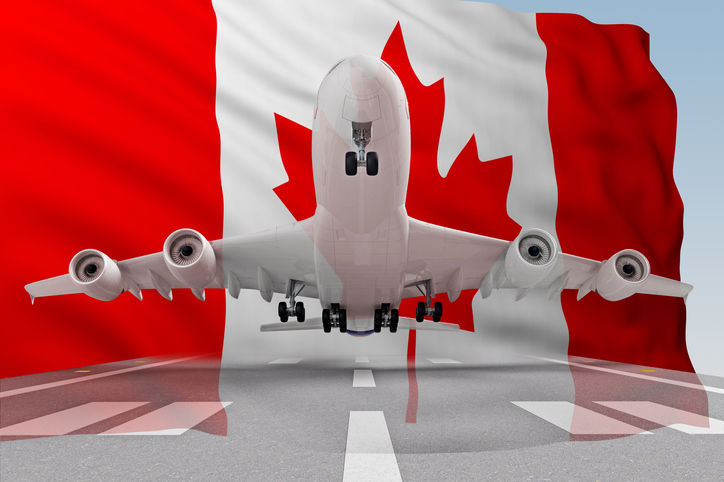Arriving in Canada as an international student, you’ll have an interview with a Canada Border Services Agency (CBSA) officer. Being prepared can make all the difference in ensuring a smooth and successful entry.
Follow this guide to be ready for your border interview.
Eligibility
- Study Permit: To study in Canada, you need a valid study permit. In most cases, you’ll apply for this online and receive a Letter of Introduction if your application is approved. This letter specifies the timeframe when you’re allowed to enter Canada to validate your student status.
- Print Your LOI: Be sure to print your Letter of Introduction and present it to the CBSA officer along with your passport when you arrive.
Essential Documents
Have the following documents PRINTED and easily accessible at the border (not packed away in your luggage):
- Passport: Make sure your passport is valid for the duration of your studies plus one year and contains your Student Temporary Resident Visa (TRV) or Electronic Travel Authorization (eTA), if applicable.
- Letter of Introduction (LOI): This is the letter you received from Canadian immigration when you were approved for your study permit. It is not your study permit. Have it printed and present it together with your other documents.
- Valid Acceptance Letter: A copy of the acceptance letter from your designated learning institution (DLI). It must be from the same institution you listed in your study permit application.
- Proof of Funds: Bank statements or cash to demonstrate you can support yourself financially during your stay.
- Medical Exam Confirmation (if required): Proof of a medical exam within the past year may be required depending on your country of origin.
- Proof of Address in Canada: This could be a lease agreement, residence confirmation from your school, or a letter from your host family.
Missing any of these documents could lead to delays or even denial of entry.
Anticipate Questions
The CBSA officer needs to verify that you are a genuine student. Be prepared to answer these common questions:
- What and where will you be studying?
- How long is your program?
- How will you get to your school?
- Where will you live in Canada?
- Do you have enough money to support yourself?
Obtaining Your Study Permit
Border processing times can vary. Some airports have dedicated areas for processing international students. The CBSA officer will print and issue your study permit after the interview.
Co-Op Work Permit: If your study permit includes co-op work terms, your Co-Op work permit will also be issued at this time.
Review Carefully: Double-check all the information on your documents and ask for corrections if you spot any errors.
Remember: Don’t leave the airport without your study permit in hand!
By being prepared and understanding the process, you can ensure a smooth entry into Canada and start your academic journey with confidence.
Need More Guidance?
Our team of immigration experts is here to help.
We offer personalized consultations to address your specific concerns and ensure you’re fully prepared for your arrival in Canada.
Contact us today to schedule your consultation and start your Canadian study journey with confidence!

